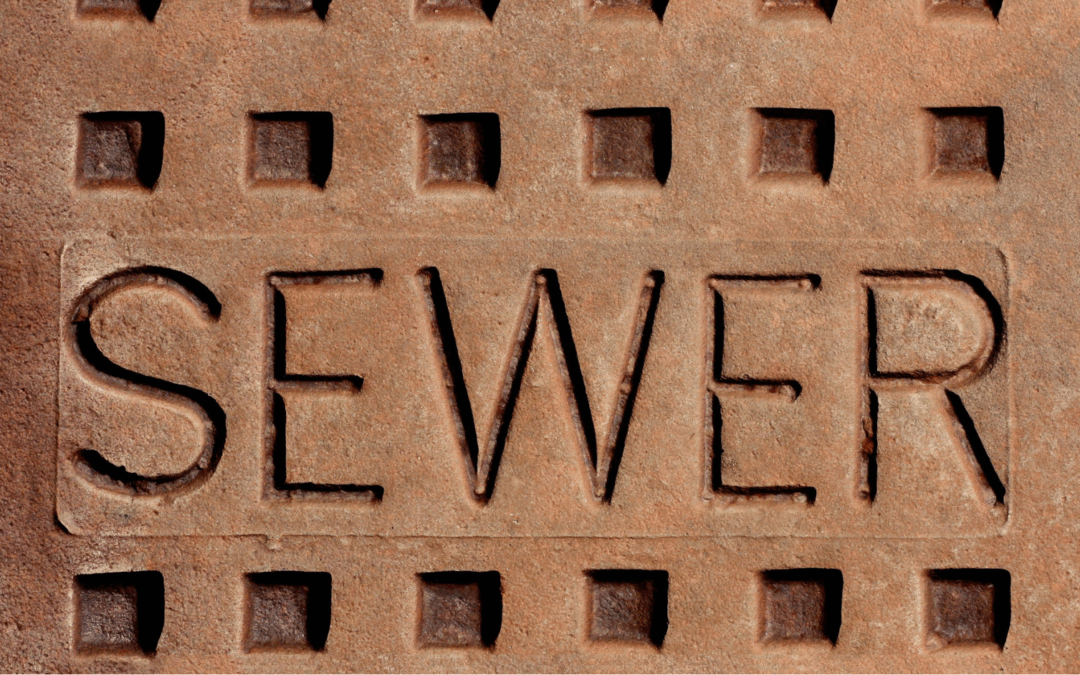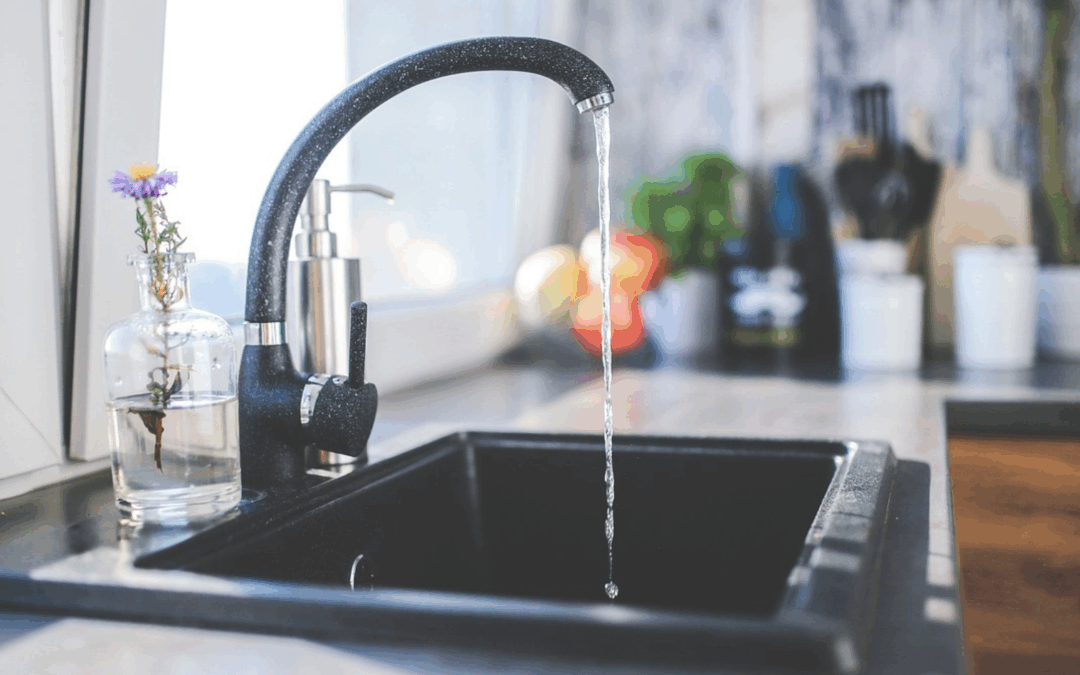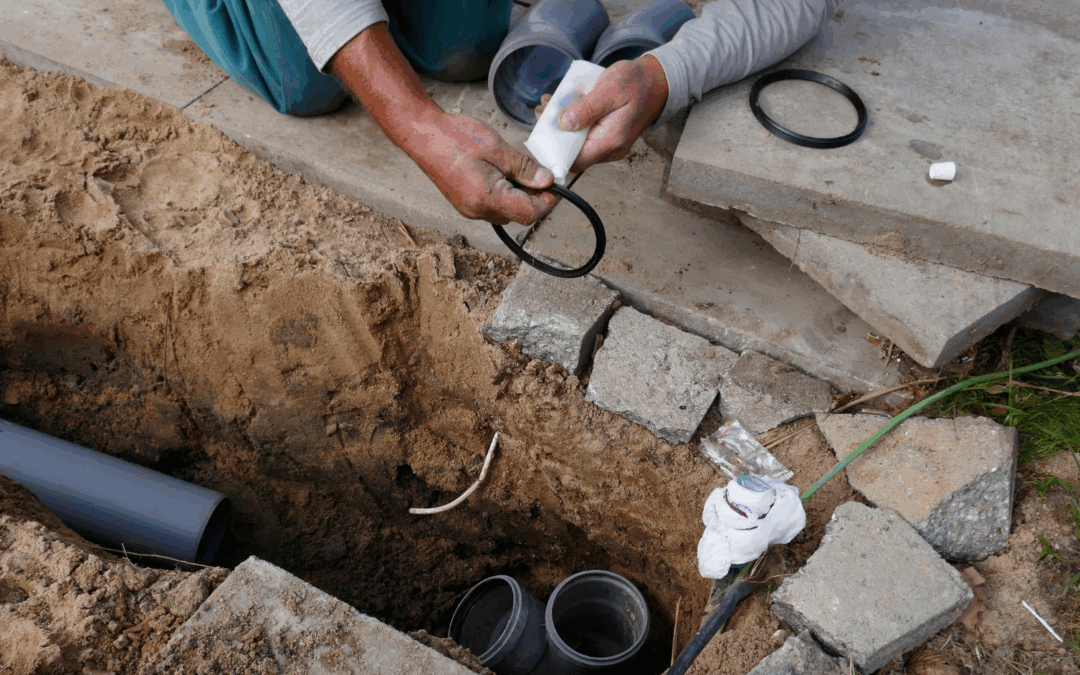Is your water heater leaking?
A leaking water heater can be an alarming sight. Whether it’s a few drops pooling near the base or a steady drip from a valve, these water leaks can cause significant issues if not addressed promptly. However, not every leak spells disaster.
By understanding what causes a water heater to leak, what signs to look for, and how to manage necessary repairs, you can save yourself from costly repairs and potential water damage. This article will walk you through common causes of water heater leaks and provide actionable solutions to help homeowners, DIY enthusiasts, and plumbing professionals address the problem effectively.
Schedule Service Online
Get a free estimate so you know what you're signing up for
"*" indicates required fields
For Emergency Services Call: 410-255-9300
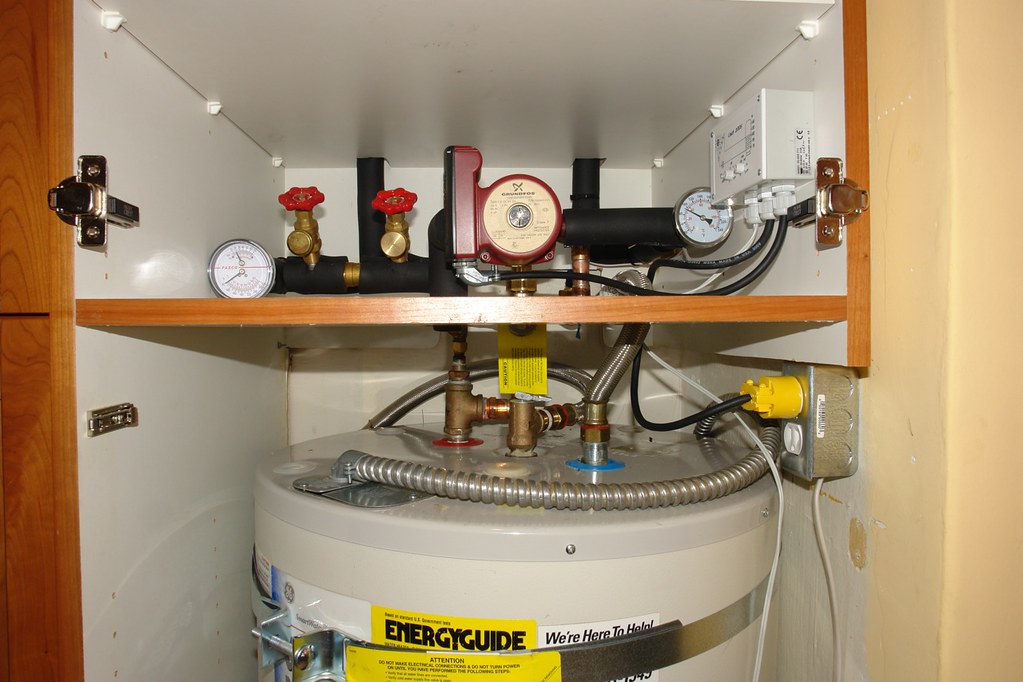
What is a Water Heater and Why is it Important?
A water heater is an essential appliance in most homes, designed to heat water and supply it to your faucets, showers, and appliances like washing machines and dishwashers. There are various types of water heaters, including traditional tank water heaters, tankless or on-demand models, solar water heaters, and heat pump water heaters. Each type operates differently but serves the same primary purpose of delivering hot water to your household efficiently.
The importance of a water heater cannot be overstated. Hot water is a necessity for day-to-day activities such as bathing, cleaning, and cooking. A functioning water heater ensures a reliable supply of warm water, enhancing comfort and maintaining hygiene within your home. Furthermore, water heaters play a crucial role in energy efficiency and reducing utility bills when properly maintained or upgraded to modern, efficient models. Without a reliable water heater, routine tasks can become inconvenient and time-consuming, highlighting its indispensable role in everyday life.
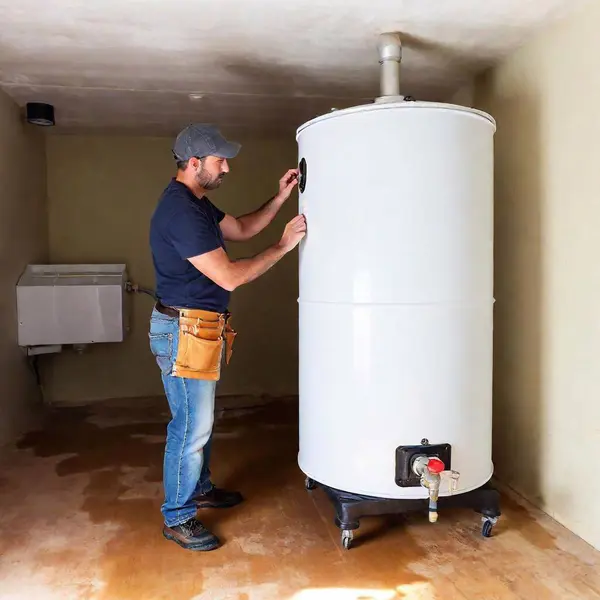
Why is My Water Heater Leaking?
A water heater leaking can result from various issues, ranging from minor problems like loose pipe connections to more significant issues such as corrosion inside the water tank. Understanding these potential causes can help you quickly identify the issue and act before the situation worsens.
1. Loose Connections or Fittings
Over time, the pipe connections or fittings on your water heater may become loose, leading to water leaks. The hot water outlet, cold water inlet, and water supply lines are common culprits. When these connections loosen, water begins to escape, creating visible signs of leakage.
Solution: Inspect the fittings and tighten them with a wrench. Use pipe dope or plumbing tape for a more secure connection if necessary.
2. Pressure Relief Valve Leaks
The temperature and pressure relief valve (T&P valve) is designed to release pressure if it builds up to unsafe levels inside the water heater tank. However, if the relief valve is faulty or if the pressure in the tank becomes excessive, water may leak from this valve.
Solution: Test the valve to see if it releases pressure properly. If it’s malfunctioning, you may need to replace it with a new one.
3. Drain Valve Issues
The drain valve, located near the bottom of your water heater, is used for maintenance tasks like flushing sediment buildup. However, a loose or faulty valve can cause water to drip or leak.
Solution: Ensure the drain valve is fully closed. If it continues to leak, you may need to replace the valve itself.
4. Sediment Buildup
Over time, sediment from your water supply can settle at the bottom of your water heater tank, particularly in areas with hard water. This buildup can lead to overheating, which damages the tank and causes leaks.
Solution: Regularly flush the tank to remove sediment buildup and ensure efficient heating.
5. Corrosion Inside the Tank
A water heater tank has an anode rod designed to prevent rusting and corrosion. However, if this rod deteriorates, the tank itself can start to corrode, creating holes and leaks.
Solution: Inspect and replace the anode rod as part of your regular maintenance routine. If the corrosion has caused significant damage, you may need to consider installing a new water heater.
6. Condensation on the Tank
Sometimes, what appears to be a leak is simply moisture or condensation due to temperature differences. This is particularly common in electric water heaters or gas water heaters in colder environments.
Solution: Insulate the tank to prevent condensation. If you notice consistent pooling water, inspect further for underlying causes.
7. Expansion Tank Problems
For homes with high water pressure, an expansion tank is often required to absorb excess pressure. If the expansion tank is faulty or undersized, it can strain the water heater and lead to leaks due to pressure buildup.
Solution: Ensure your expansion tank is properly sized and functioning correctly to release pressure.
What to Do if Your Water Heater Is Leaking
Finding your heater leaking can feel overwhelming, but following these steps can help limit the damage and resolve the issue efficiently.
Step 1. Turn Off the Power or Gas Supply
- For an electric water heater, locate the electrical panel and switch the heater to the “off position.
- For gas water heaters, turn the gas shut-off valve to the “off” position to prevent further heating.
Step 2. Shut Off the Water Supply
Locate the cold water shut-off valve, usually found at the top of your water heater. Turn it clockwise to stop the water supply and prevent any further leaks.
Step 3. Drain the Water Heater
If there’s significant leaking water or pooling water on the floor, you may need to empty the water heater tank. Attach a hose to the drain valve and direct it to a safe drainage area. Open the valve to release the water.
Step 4. Inspect for Visible Signs of Damage
Use paper towels to dry the exterior of the tank and inspect the heater for wet spots, rust, moisture, or other visible signs of damage. Pay close attention to the pressure relief valve, water supply lines, and drain valve.
Step 5. Address the Root Cause
Based on your inspection, implement the appropriate solution, whether tightening loose connections, replacing a valve, or performing regular maintenance tasks like flushing sediment.
Step 6. Call a Professional if Necessary
If the leak persists or indicates a significant issue (such as corrosion inside the tank), don’t hesitate to contact a licensed plumber or consider replacing the water heater altogether.
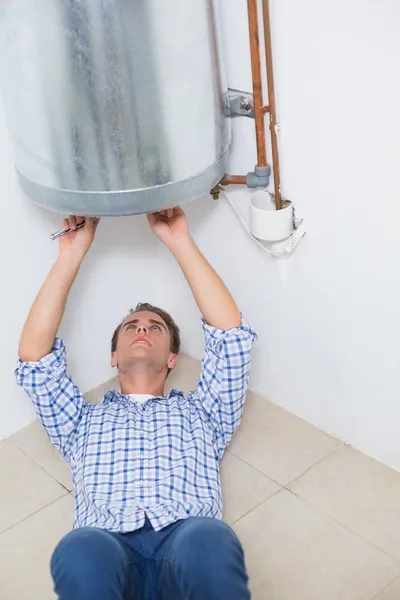
Preventing Future Leaks with Regular Maintenance
Proper maintenance is essential to extending the life of your water heater and ensuring it operates efficiently. Here are some key ways to keep your water heater in top condition:
Flush the Tank Regularly
Over time, sediment and mineral deposits can build up in the water heater tank, reducing efficiency and potentially causing damage. Flushing the tank at least once a year helps remove this buildup and maintains optimal performance. Make sure to refer to the manufacturer’s instructions for properly draining your unit.
Test the Pressure Relief Valve
The pressure relief valve is a critical safety feature that prevents excessive pressure from building up in the tank. To test it, lift the valve’s lever and allow it to snap back into place; if it releases water and then stops, it’s functioning properly. If it doesn’t, it might need replacing.
Inspect Anode Rods
Anode rods help prevent corrosion inside your water heater tank by attracting rust-causing elements. Check the anode rod every couple of years; if it’s worn down to less than half an inch or visibly corroded, replace it to keep the tank protected.
Insulate the Tank and Pipes
Insulating the water heater tank and any exposed hot water pipes can reduce heat loss, improving energy efficiency and reducing utility costs. Use a water heater insulation blanket and foam pipe insulation for an easy and effective solution.
Set the Temperature to a Safe Level
Keeping the water heater temperature set to around 120°F not only prevents scalding but also reduces the likelihood of overheating the unit. This helps conserve energy and extends the lifespan of the water heater.
Look for Leaks and Damage
Regularly inspect your water heater for any signs of leaks, rust, or damage. Early detection of issues like small cracks or damp spots can prevent more significant problems later on.
Schedule Professional Maintenance
While routine checks and tasks can be done on your own, having a professional inspect and tune up your water heater every few years is a smart way to address any underlying issues and ensure everything is running smoothly.
By incorporating these maintenance practices into your routine, you can keep your water heater efficient, reliable, and less prone to costly repairs.
Helpful Resources and Links
Here are 6 valuable resources to help you better understand water heater maintenance and repair:
Energy.gov – Water Heater Maintenance Tips
Learn practical tips and advice for maintaining your water heater to improve its efficiency and lifespan.
Home Depot – Water Heater Buying Guide
Discover the differences between water heater types to make an informed buying decision.
Angi – How to Fix a Leaking Water Heater
Step-by-step guidance on how to address common water heater leaks.
https://www.angi.com/articles/how-fix-leaking-water-heater.htm
MD Sewer and Plumbing Services – Official Website
Explore our full range of plumbing and water heater repair services.
This Old House – Water Heater Troubleshooting
Learn how to identify and resolve common water heater issues with expert advice.
Consumer Reports – Water Heater Ratings and Reviews
Compare water heater models and find the best option for your home.
Feel free to visit these links for additional insights to keep your water heater running smoothly or to decide when it’s time for professional help!
Time for Action
A leaking water heater can feel like a disaster waiting to happen, but with the right knowledge and quick action, you can minimize the impact and address the issue effectively. Regular maintenance, mindful inspections, and knowing when to reach out to a professional are your best defenses against water heater leaks.
If you’ve identified that your heater needs replacing, ensure you look for a new water heater that suits your home’s size and water needs. And remember, whether it’s for annual maintenance or addressing a significant issue, feeling confident in your ability to care for your hot water system will make all the difference.


